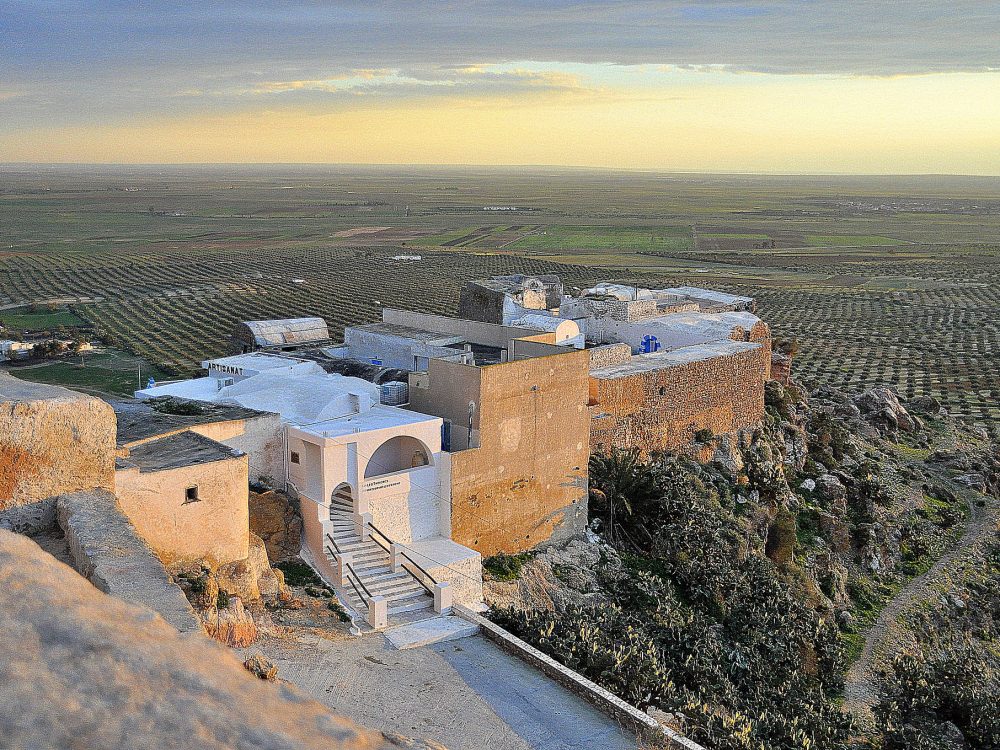Government of Nepal Uses AMP Data to Set New Aid Policies
Since 2010, the Government of Nepal has been maintaining an Aid Management Platform (AMP), an “effective tool for enhancing transparency and accountability in managing foreign aid in Nepal.” Through an annual Development Cooperation Report (DCR), Nepal’s Ministry of Finance draws on AMP data to offer government officials, donors and the public an overall view of aid trends in country, as well as a series of recommendations for better targeting future development assistance. This year, AMP’s GIS module, created through the USAID/HESN-supported AidData Partnership, was also used by the Ministry to create a series of maps about aid flows in major sectors.
Nepal’s Development Cooperation Policy, launched in 2014, featured prominently in the report, and the Ministry used AMP data to elaborate on some of the key pillars of this policy. For example:
“The analysis of AMP data showed that Nepal was over crowded with small projects scattered among various implementing agencies. It was found that there were more than 500 projects averaging US$ 2 million per project and development partners engaged with up to 9 line ministries in average. As a testimony of the effectiveness of the intervention, the analytical information generated through the Aid Management Platform (AMP) has come handy in producing an evidence-based Development Cooperation Policy. The policies influenced through AMP data include the threshold of aid amount, division of labour among development partners and preference of aid modality, among others.”
DG prides itself on building high-quality software tools. But as a nonprofit dedicated to the common good, we’re mostly concerned with making information matter for our partners. High-quality data and systems aren’t useful for development unless data can be easily understood, analyzed, and used. As the global development community works to make the Data Revolution matter, we’re proud to partner with governments and organizations that use data to make better decisions about where to allocate scarce development resources.
Share This Post
Related from our library

How useful is AI for development? Three things we learned from conversations with development experts
The development world is buzzing with excitement over the idea that new and emerging applications of artificial intelligence (AI) can supercharge economic growth, accelerate climate change mitigation, improve healthcare in rural areas, reduce inequalities, and more. But what does this look like in real life?

The Future of Technology Governance and Global Development: Why DG Brought DataReady In-house
DG is excited to announce we now have more robust data governance advisory services with the recent integration of DataReady.

At a Glance | Tracking Climate Finance in Africa: Political and Technical Insights on Building Sustainable Digital Public Goods
In order to combat the effects of climate change, financing is needed to fund effective climate fighting strategies. Our white paper, “Tracking Climate Finance in Africa: Political and Technical Insights on Building Sustainable Digital Public Goods,” explores the importance of climate finance tracking, common barriers to establishing climate finance tracking systems, and five insights on developing climate finance tracking systems.